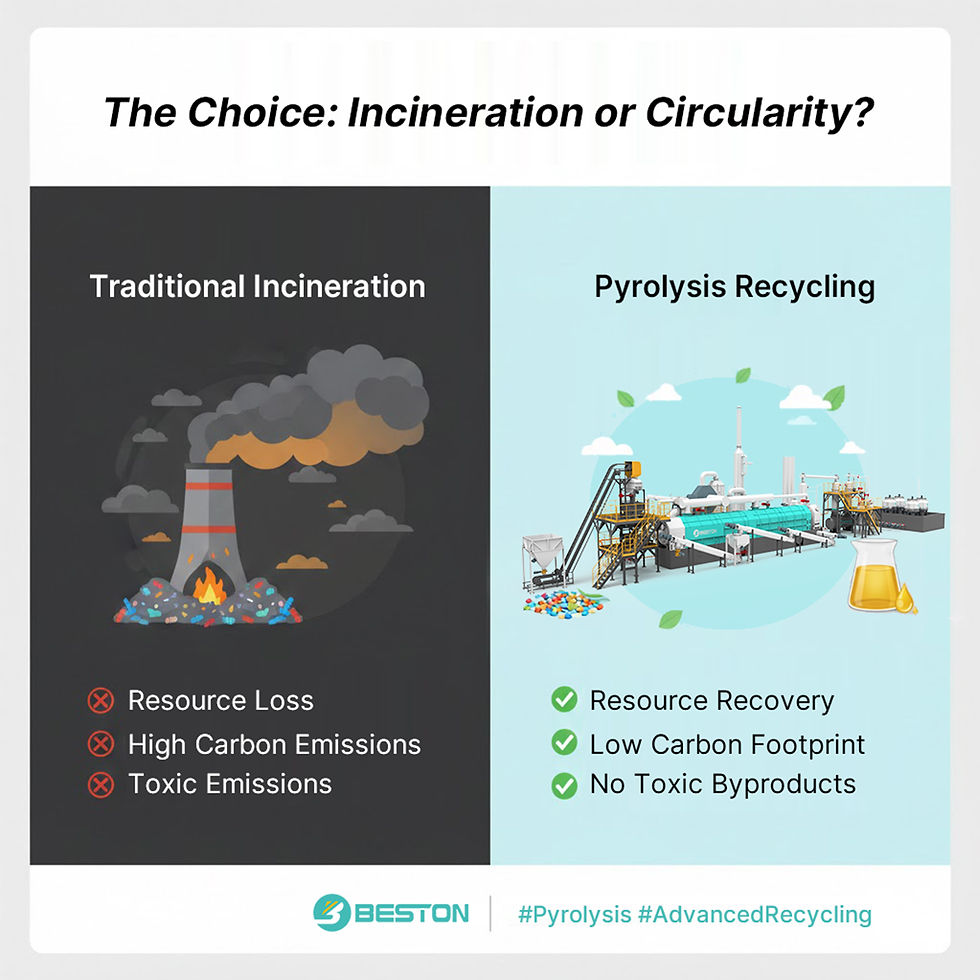Exploring the Sustainable Brilliance of Pulp Molded Tableware Production Line
- lee784287
- 2024年5月23日
- 讀畢需時 2 分鐘
Pulp molded tableware production line begins with the selection of high-quality recycled paper. This paper, often sourced from post-consumer waste or agricultural by-products, undergoes a meticulous process of pulping. Through a combination of water, heat, and agitation, the paper fibers disintegrate into a slurry, forming the foundational material for the tableware.
Once the pulp reaches the desired consistency, it is transferred to specialized molds. These molds, crafted to precise specifications, shape the pulp into various tableware forms, from plates and bowls to cups and trays. The versatility of the pulp molded tableware production line allows for customization, catering to diverse consumer needs and preferences.

After molding, the freshly formed tableware undergoes a pressing stage. This step removes excess water from the pulp, compacting the fibers and enhancing the structural integrity of the final product. The pressed tableware is then carefully dried, either through air-drying or mechanical means, ensuring optimal moisture content for stability.
Quality control is paramount throughout the pulp molded tableware production line. Each piece undergoes rigorous inspection to uphold standards of durability and aesthetics. Any imperfections are promptly addressed, reaffirming the commitment to delivering excellence in eco-conscious tableware.
Once dried and inspected, the tableware enters the finishing phase. Here, artisans apply coatings or finishes as desired, adding both visual appeal and functional enhancements. From natural wax coatings for water resistance to food-grade sealants for enhanced durability, the possibilities are vast, catering to various usage scenarios.
The culmination of the pulp molded tableware production line is a range of sustainable and stylish tableware products. These items not only serve their practical function but also embody a commitment to environmental stewardship. Unlike traditional plastic or foam alternatives, pulp molded tableware is biodegradable, compostable, and renewable, minimizing ecological footprint without compromising on performance.
In addition to environmental benefits, the pulp molded tableware production line also offers economic advantages. By utilizing recycled materials and streamlined manufacturing processes, production costs are reduced, making eco-friendly tableware accessible to a wider market. Furthermore, the growing demand for sustainable products presents lucrative opportunities for manufacturers invested in green technologies.
The significance of the pulp molded tableware production line extends beyond its immediate outputs. It serves as a testament to the power of innovation in addressing pressing environmental challenges. By reimagining waste as a valuable resource, this production line exemplifies the circular economy in action, closing the loop on material consumption and waste generation.



留言